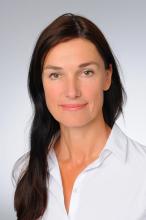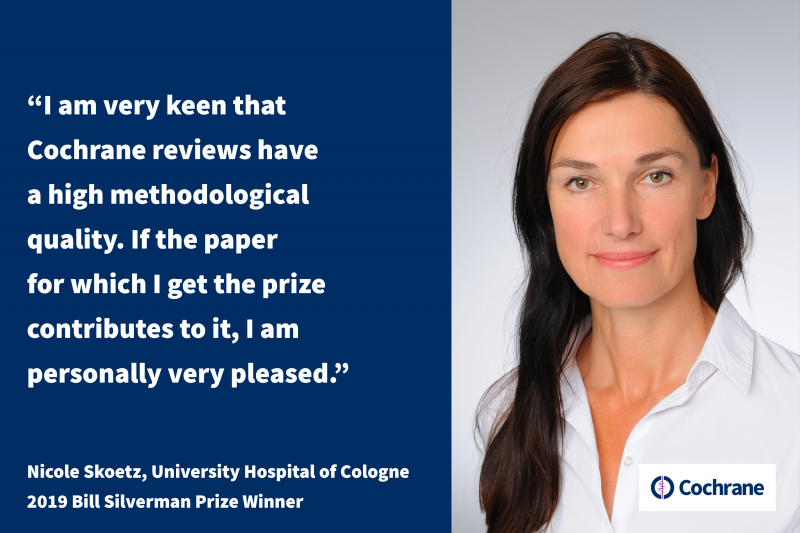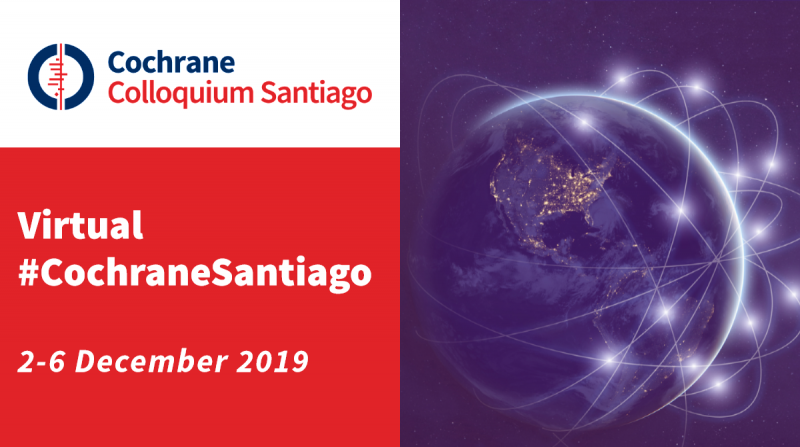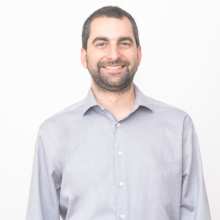Join our virtual #CochraneSantiago, 2 - 6 December 2019…here’s how you can participate

We are delighted to announce our plans for Cochrane’s Virtual #CochraneSantiago which will be held online from 2-6 December 2019 and open to ALL Cochrane members and supporters.
Cochrane’s annual flagship event brings together the world’s most influential health researchers, scientists, academics, opinion leaders, clinicians, and patients to promote evidence-informed decision-making.
Whilst the recent, unprecedented situation of civil unrest across Santiago led to the cancellation of our face-to face Colloquium this year, with the support of so many contributors, we are pleased to welcome the full community to participate in Cochrane’s first, virtual #CochraneSantiago Colloquium. Whilst we recognize our virtual meeting can never replace what we would have achieved together in-person in Chile, we believe that this unique week of content will be a fitting tribute to recognizing the extraordinary efforts of hundreds of contributors and Cochrane community‘s spirit of resilience and collaboration.
Virtual #CochraneSantiago will highlight the theme of ‘Embracing Diversity’. During the week of 2-6 December, content will be curated on our Colloquium website. We have created a dedicated page for each day’s content that will include posters, plenary content, bespoke curated materials from long and short oral presentations as well as pre-produced videos posted ‘as live’ on YouTube each day. In addition, we will provide ways you can interact with our daily content including discussion questions and social media conversations; and, we look forward to hearing from you on the wide-ranging discussions happening on Twitter, Facebook, and Instagram using #CochraneSantiago, with Cochrane’s Content Creators helping to lead these conversations across our web platforms.
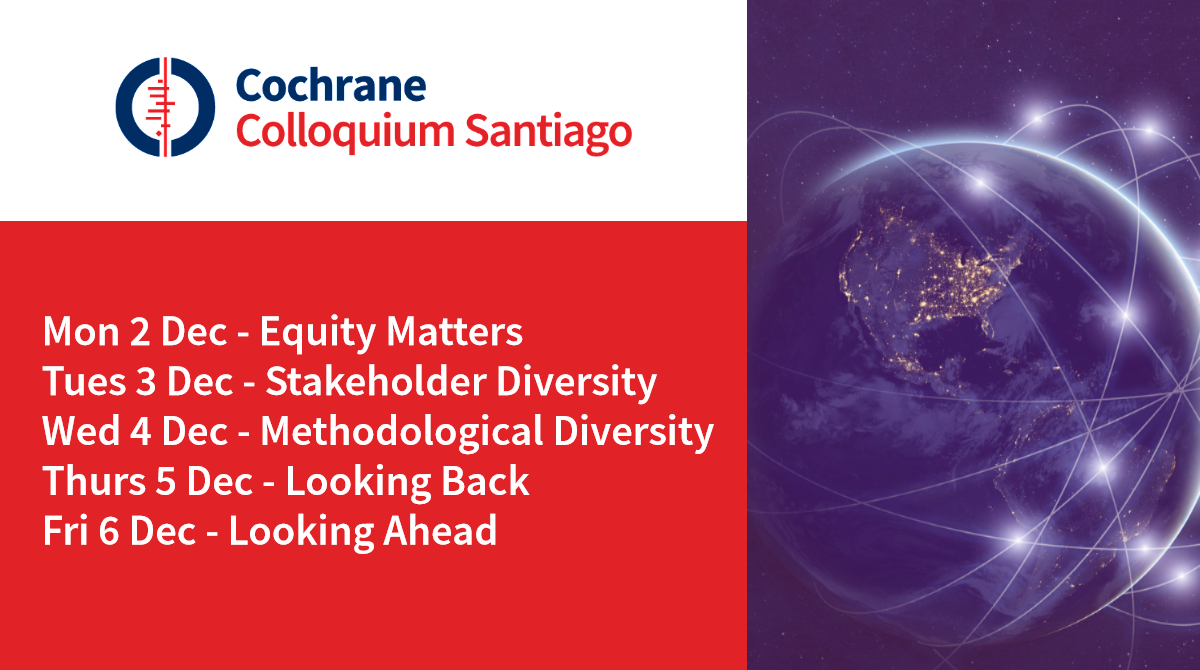
The Virtual Colloquium is an open invitation to all - whether you registered and were planning to travel to Santiago or not! More details on the final programme schedule and how you can get involved each day will be posted here soon.
We look forward to welcoming you and hope it’ll be a unique opportunity to fully embrace the diversity of voices that make up Cochrane’s global community.
Hold the date now - Monday 2- Friday 6 December 2019 for virtual #CochraneSantiago!



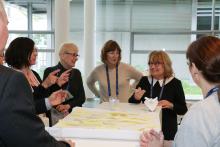
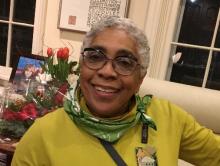
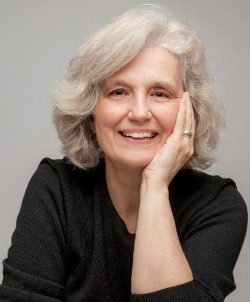 2018 Anne Anderson award winner, Kay Dickersin nominated Janice Bowie to receive the award money.
2018 Anne Anderson award winner, Kay Dickersin nominated Janice Bowie to receive the award money.